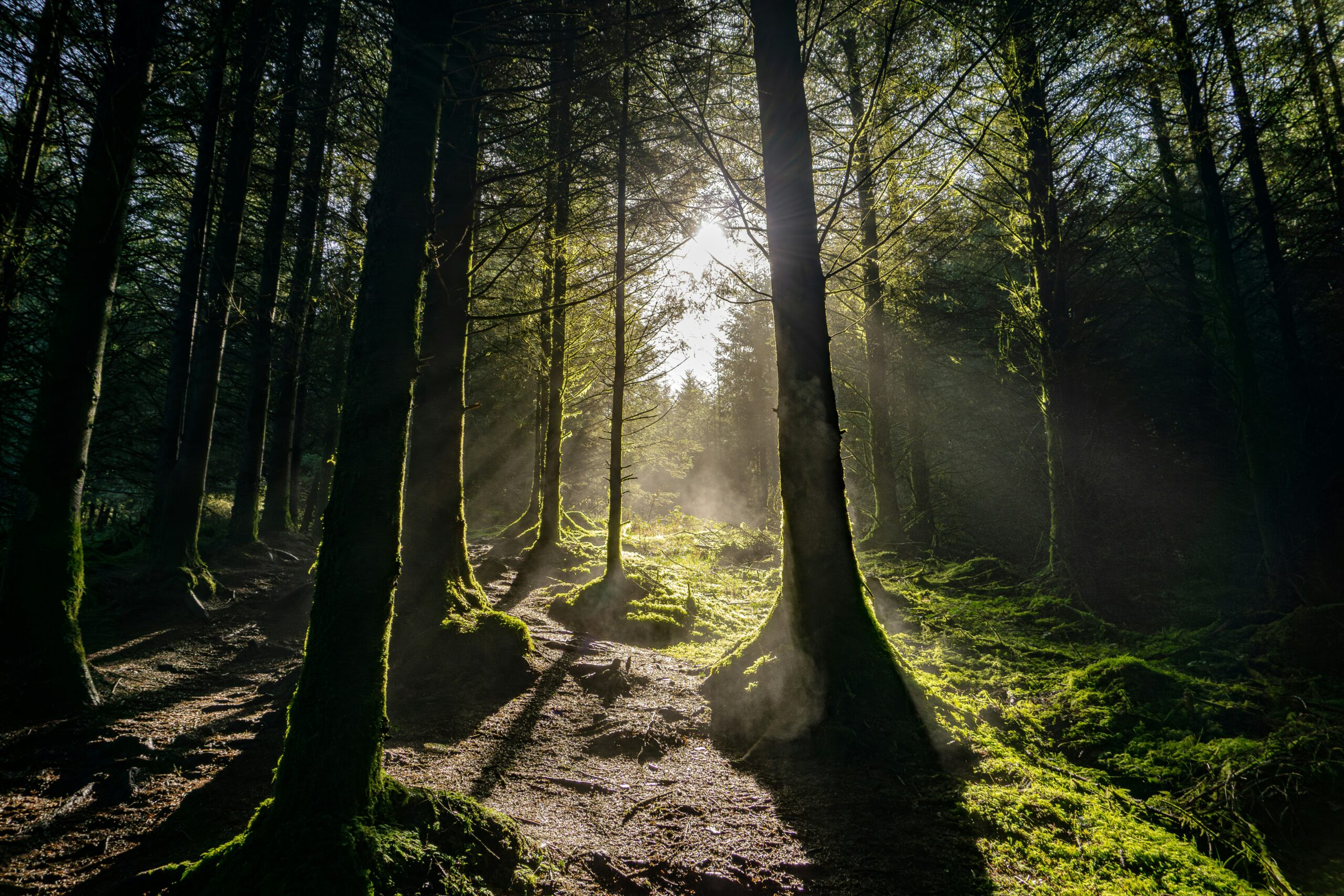Featured in

- Published 20220127
- ISBN: 978-1-92221-65-8
- Extent: 264pp
- Paperback (234 x 153mm), eBook

Already a subscriber? Sign in here
If you are an educator or student wishing to access content for study purposes please contact us at griffithreview@griffith.edu.au
Share article
More from author

From the hills of Killea
Non-fictionShe lived alone with five horses, five dogs, three cats, three geese and two ducks. She had escaped Manchester under Thatcher, gone off the grid in Tipperary and never returned. She said mass suicide was the only answer to climate catastrophe. She was the most interesting person I had ever met. Before dawn, I would write. By daybreak, I would find a pair of wellies and then muck out the stables, wheeling huge barrows of horseshit across her yard to a pile the size of a fire truck. There was little time to rest. The stove needed to be fed, constantly, with bricks of peat to keep the house warm. The horses needed to be given hay five times a day. The geese needed guarding from the foxes. I learnt to care for animals, to give them my attention.
More from this edition

Why do you want to make things?
GR OnlineGraffiti artists are known to feel more certain about their identity after creating work; they become more receptive to other perspectives, activities and opportunities. They’re not as worried that these other behaviours will obscure their identity – an identity that is now stable and enduring

Holding the baby
ReportageWhere I live, what I earn and my level of education: these will all influence not only my decision to have a baby but the experiences that baby will then have. These four factors – education, geography, wealth and birth rate – loop around one another in infinite iterations. People in regional and remote Australia have more children younger; they also have lower levels of educational attainment.

In case of education emergency…read this
GR OnlineIndigenous peoples have a right to self-determine their education, as outlined in the UN Declaration on the Rights of Indigenous Peoples. These rights recognise that systemic power has been taken away from Indigenous peoples due to the ongoing impacts of colonisation and that subsequent interactions with schools, education departments and universities occur within a power imbalance.